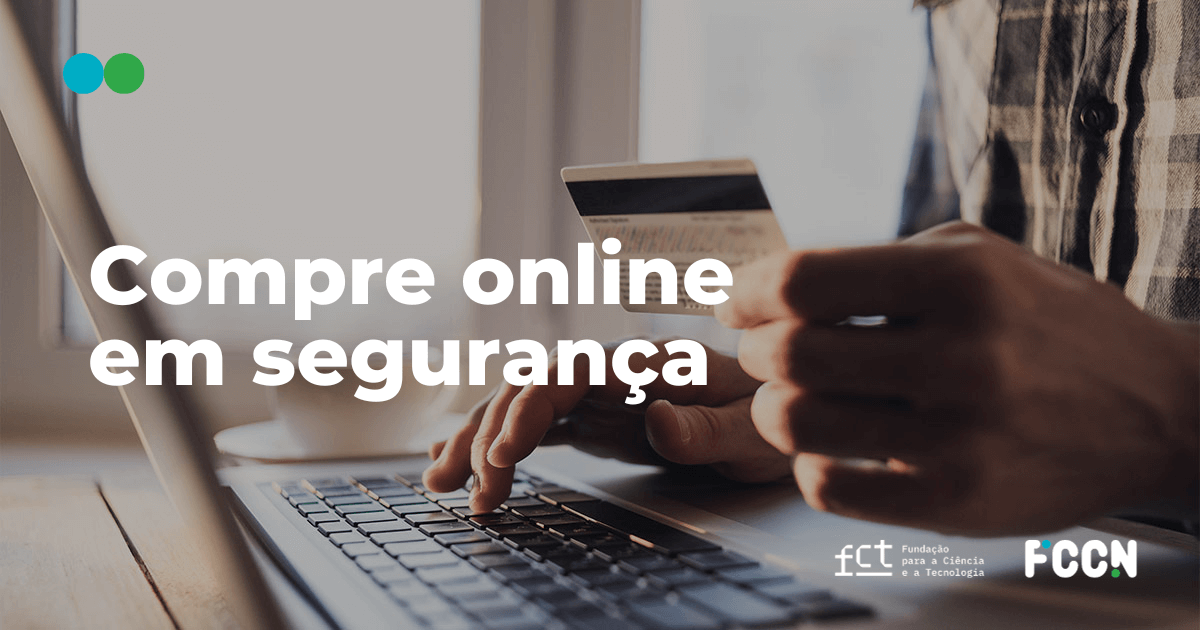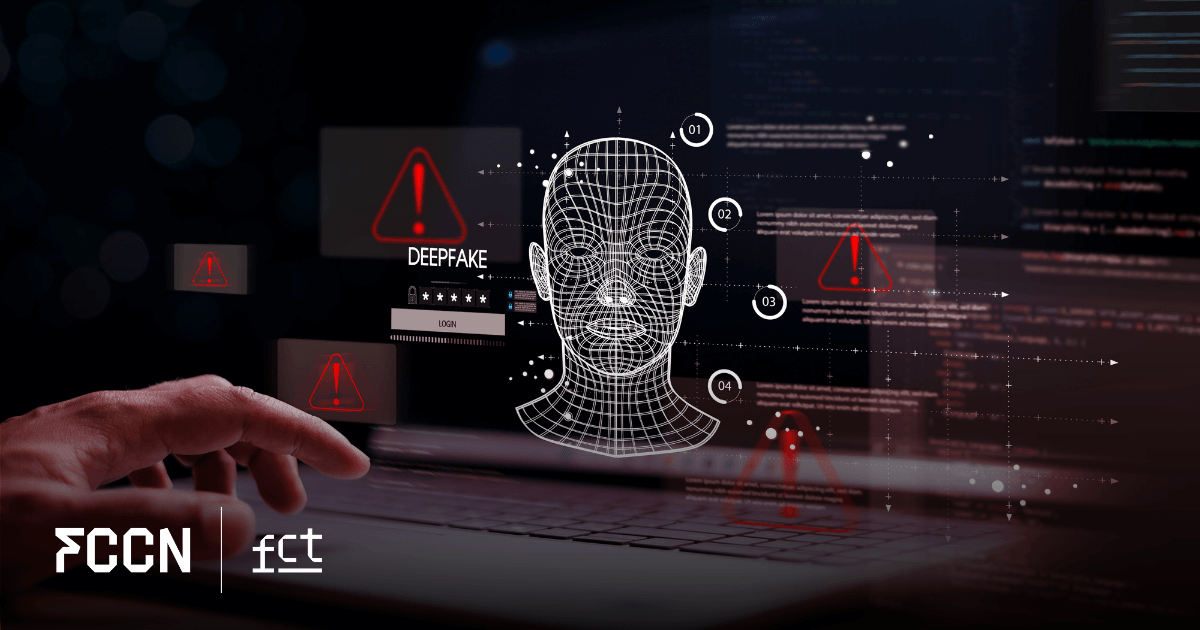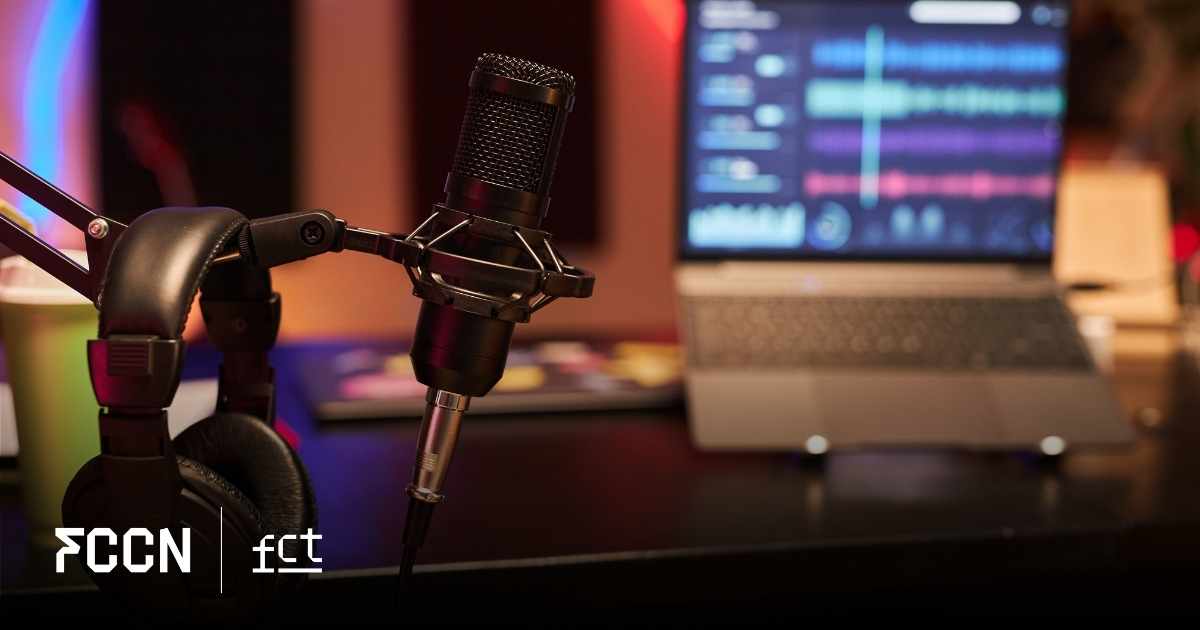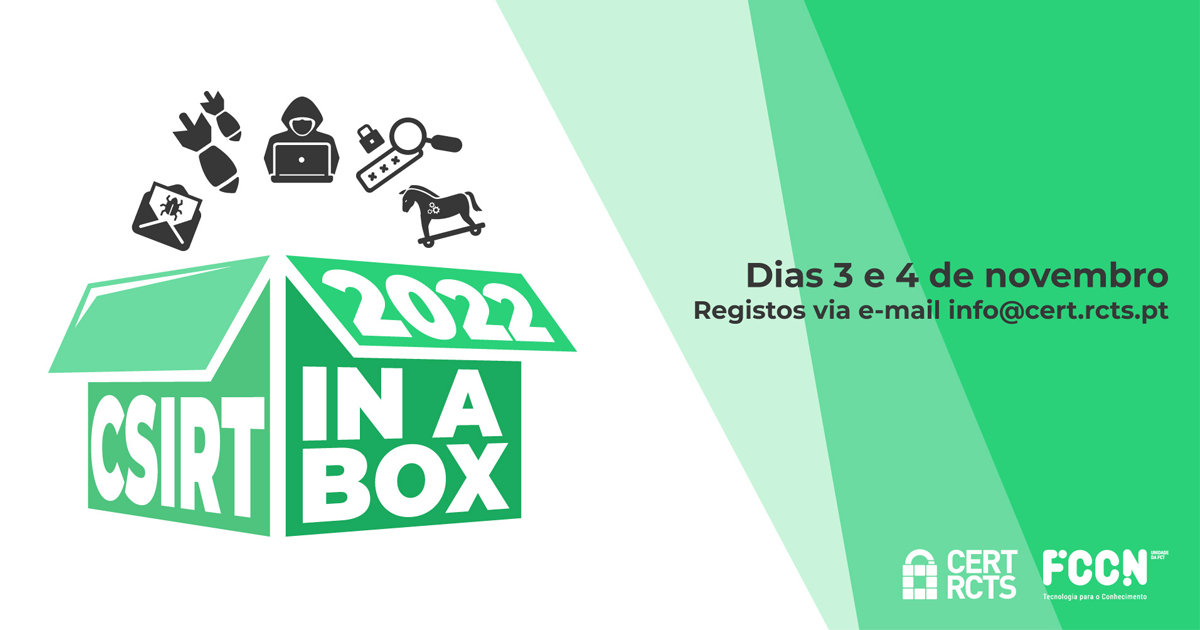Shopping safely online is especially important during sales or promotions, such as Black Friday and Cyber Monday. To ensure this, the unit FCCN gives you some tips to ensure your transactions are carried out securely.
#1 Keep a record of all steps
The best way to protect yourself starts with creating, recording, and storing evidence of every step you take. Saving confirmation emails, printouts of pages visited, and other steps will make it easier to reconstruct your actions, ensuring your protection.
#2 Use temporary credit cards
Temporary credit cards are a very useful way to set appropriate limits for your purchases or a usage limit. Thanks to options like MB Way, you can use disposable, single-use numbers for each purchase.
#3 Compare prices from multiple sites
Comparing offers from multiple websites is a good practice, not just from a financial literacy perspective. If you find an offer significantly below market price, you can always suspect it's a ploy to encourage you to engage in fraudulent activity.
#4 Confirm the authenticity of the page
A simple but crucial step is to check the contact details of the website where you intend to make your online purchase, ensuring that the information shared is up-to-date and accurate, including your tax ID number. You can also check the company's privacy policy.
#5 Look for the secure connection certificate
This is a very easy tip to apply. Simply check your browser's address bar to see if the link is preceded by a padlock. Clicking this icon will provide you with more information about the secure connection certificate and cookie settings, for example.
#6 Avoid public and open networks
It's a very relevant maxim in the world of cybersecurity – using public, unencrypted networks poses specific security vulnerabilities. Therefore, when shopping online, always opt for a wireless network you can trust.
#7 Use devices you trust
The principles applied to Wi-Fi networks also apply to devices. You should avoid shopping online on a public computer, for example, and avoid sharing your devices with others or leaving them unattended. Don't forget to keep all software on your device up to date.












